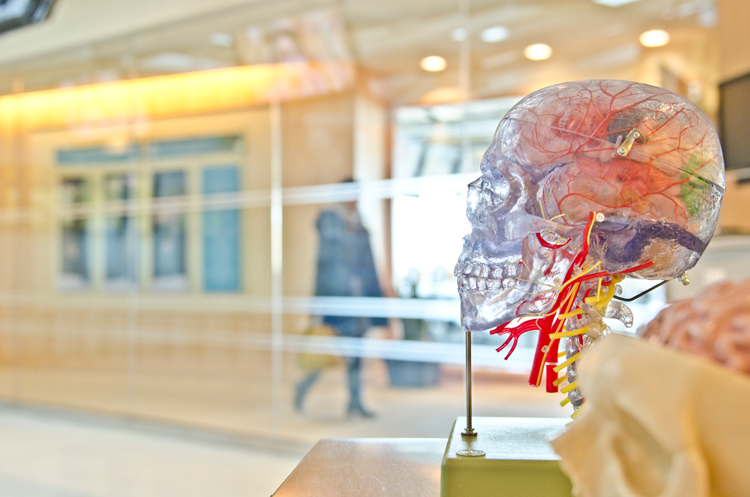Interpersonal Neurobiology

Dan Siegel and Alan Schore, among others, have arrived at new and well-researched ways of understanding how our minds are embodied and relationally constructed. This rich arena of study draws on knowledge from a wide range of scientific study as to how the mind develops and takes shape to form an interdisciplinary field called Interpersonal neurobiology (IPNB). What does this mean for the client coming in for psychotherapy?
Studies in psychology and neurobiology have converged to offer us new and improved understanding about how to utilize the therapeutic relationship in the service of healing, growth and change. Since we now know the mind develops and changes in relation to our experience, and we also know that we are wired for growth and change within the context of a relationship, this underscores and confirms the tremendous potential for a therapeutic relationship itself to heal. Decades of study and research in psychology have continually affirmed that the therapeutic relationship is the most powerful determinant of positive outcome. This consistent factor has trumped the method or orientation the therapist utilizes in therapy. IPNB sheds light on some of the reasons why this is the dominant factor in achieving favorable results from therapy.
The field of IPNB (and Daniel Siegel in particular) has substantiated that the most crucial factors affecting the client’s healing process is the presence of the therapist and how they forge a connection to the client. This type of work requires artful sensitivity, the ability to be present, and an in-depth understanding of how change happens. When the therapist cultivates mindful awareness in his or her own life it has a profound effect on his or her ability to sit with a client when they are lost, confused or stuck in what seem like intractable difficulties. A therapist’s own inner work helps them to empathically attune to the client’s subjective experience, while holding awareness of the complexities and vicissitudes of healing, integration and wholeness. In this way, the therapist who cultivates mindfulness, will impact the treatment and care of the person with whom he or she is working. On the flip side, simply practicing mindfulness does not necessarily equip a therapist with the skills and knowledge to address clinical challenges such as mental health issues, relational difficulties and other complex problems. Knowledge, experience, and skill in clinical matters is augmented by a foundation of mindfulness and presence, which helps to provide an environment of healing.

